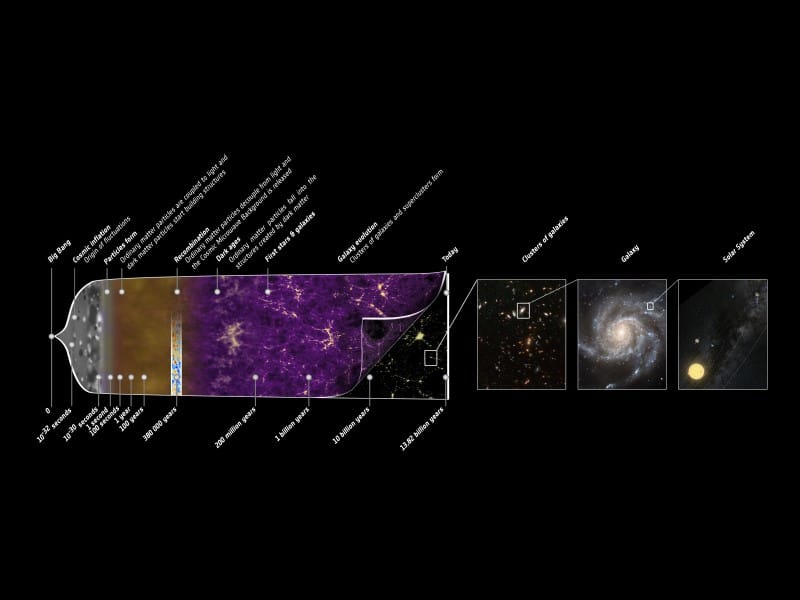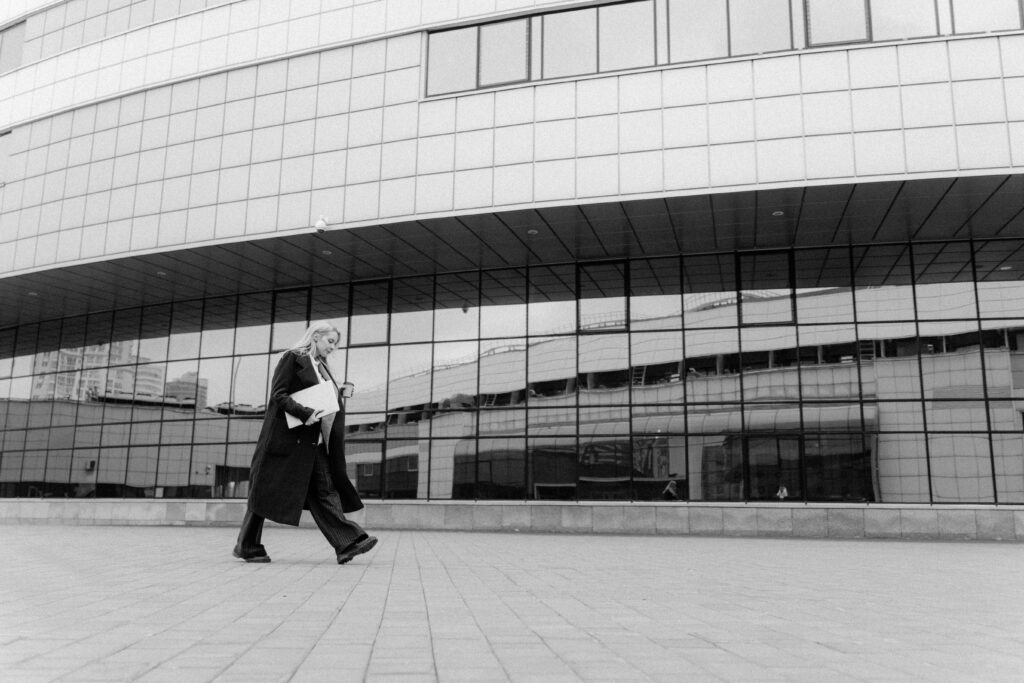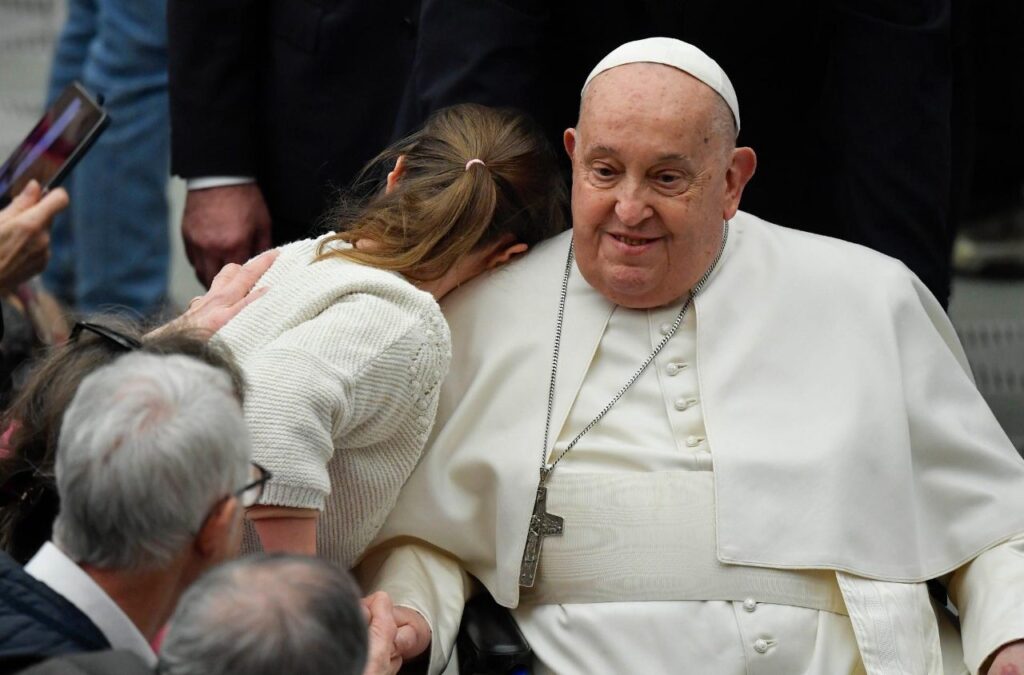New understanding of the early Universe
Researchers at the Vatican’s astronomical observatory

Researchers at the Vatican’s astronomical observatory have proposed a radical new mathematical understanding of the opening moment of the Big Bang. They have demonstrated that a commonly used
mathematical approach, called the “Brans-Dicke” gravitational theory, does not always hold. They propose a new technique that holds great promise for understanding how gravity behaved at the earliest moments of the universe.
At the beginning of time, the universe is thought to have expanded dramatically from a point of high density — the “Big Bang”. This surprising phenomenon can be explained by supposing that the laws of gravity were much more complicated then, compared to how they are described now, by Einstein’s 1915 Theory of General Relativity.
This new perspective could spark a revolution in our understanding of the early Universe. In particular, these findings offer a fresh perspective on previously formulated theories of the initial rapid expansion of the universe, especially those by the Russian scientist Alexei Starobinsky. Moreover, they can also advance the search for a more general quantum theory of gravity.
In pursuing this research, Frs. Gionti and Galaverni are following in the footsteps of other Catholic scientists. In the seventeenth century, Frs. Giovanni Battista Riccioli and Francesco Maria Grimaldi performed the first precision studies of gravity. By timing falling objects at the Asinelli Tower in Bologna, Italy, they first accurately determined the “acceleration due to gravity”, or ‘g’. In the twentieth century Fr. Georges Lemaître of Belgium, working from Einstein’s ideas, developed the theory that today
is known as “The Big Bang Theory”. Lemaître’s ideas were later confirmed by the telescopic observations of the American astronomer Edwin Hubble.
Related

Divine Mercy, the Small and the Great
José María Montiu de Nuix
27 April, 2025
5 min

Reversing Social Deterioration: A Task That Begins in Business Management
Alejandro Fontana
25 April, 2025
4 min

The Revolution of Tenderness
María Elizabeth de los Ríos
25 April, 2025
3 min

His Hope Does Not Die!
Mario J. Paredes
24 April, 2025
6 min
 (EN)
(EN)
 (ES)
(ES)
 (IT)
(IT)

